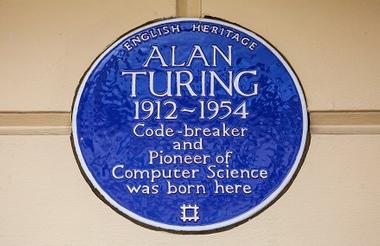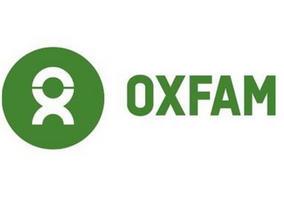The chief executive of the Alan Turing Institute has resigned as the charity undergoes a restructure amid government pressure.
Jean Innes will remain in post until later this year while the charity’s board looks to appoint a new CEO.
Innes’ exit announcement follows staff at the institute recently raising concerns about its governance and internal culture in a whistleblowing complaint to the Charity Commission, which has now opened a regulatory compliance case.
The research charity has said it will look to step up its work on defence, national security, environment and health, which help support the government’s priorities.
This follows a letter from Peter Kyle to the charity’s chair Douglas Gurr last month, in which the science secretary instructed the institute to “reform itself further to prioritise its defence, national security and sovereign capabilities”.
Innes said about her time at the institute: “It has been a great honour to lead the UK’s national institute for data science and artificial intelligence, implementing a new strategy and overseeing significant organisational transformation.
“With that work concluding, and a new chapter starting for the institute, now is the right time for new leadership and I am excited about what it will achieve.”
50 staff at risk of redundancy
The institute which received most of its £45m income in the year to March 2024 from the government, said in its most recently filed accounts that government funding body the Engineering and Physical Sciences Research Council (EPSRC) had awarded it core funding of £100m over the next five years.
It recently notified around 50 of its more than 400 employees that they were at risk of redundancy, according to Guardian reports.
Meanwhile, dozens of staff members sent a letter to the charity’s board last year, according to the Guardian, warning that cost cuts were putting the organisation’s reputation at risk.
The charity said at the time it had not been notified of a complaint by the commission and that a previous whistleblowing complaint to UK Research and Innovation (UKRI), which oversees funding awards to the institute, was independently investigated and found no concerns.
UKRI, which distributes funding through the EPSRC, said it had shared an anonymous whistleblowing complaint it received with the charity’s whistleblowing team for them to investigate.
A UKRI spokesperson said they did not investigate the complaint directly as the Alan Turing Institute is an independent legal entity.











